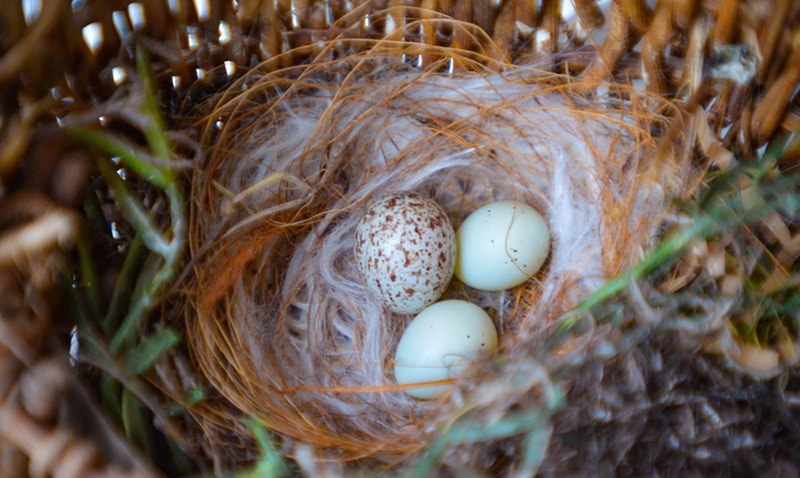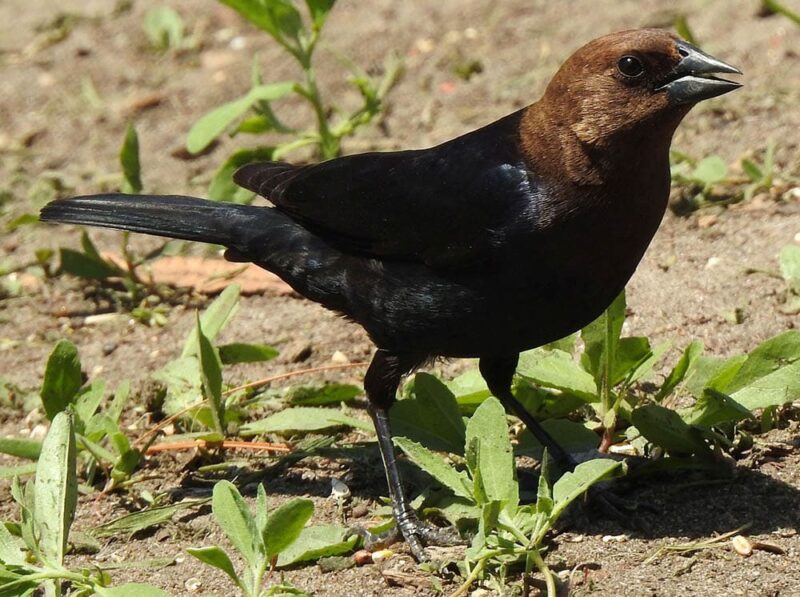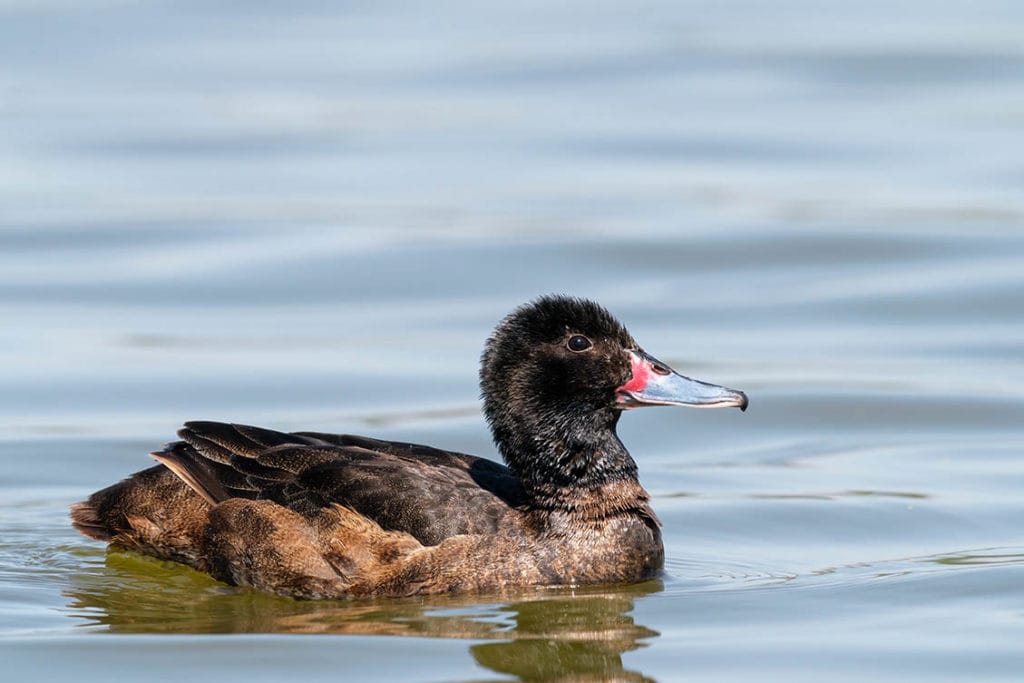Why Do Some Birds Lay Their Eggs in Other Bird’s Nests? The Interesting Answer!
Last Updated on

Building and maintaining a nest takes a lot of work for most birds. They need to find the ideal spot, gather the supplies, and then build the nest itself. Once built, they also need to protect the location to ensure that the nest doesn’t get damaged or destroyed. Once the nest is built, the birds then mate, lay the eggs, and then care for and hatch the eggs before brooding and caring for the young.
Or, as is the case in brood parasitism, they can lay their eggs in another bird’s nest and have that other bird do all the hard work for them. In doing so, some breeds will evict or smash the existing eggs, effectively leaving the original birds to bring up their young.
Although somewhat rare, brood parasitism does occur with certain species, and while experts are unclear exactly why these breeds do it, it enables a bird to have more eggs and ensures that the young survive.

Brood Parasitism
Brood parasitism is the act of laying eggs in the nest of another bird and having them care for the eggs and the young hatchlings that result. This is usually at the cost of the original bird’s own eggs.
Some brood parasites will evict existing eggs, effectively scooping them out of the nest. Others, such as the cowbird, might leave the eggs in place, but their offspring grow quicker and bigger than the original bird’s offspring, effectively meaning that they take over the nest.

The 3 Species That Lay Their Eggs in Other Birds’ Nests
Although brood parasitism is rare, it does occur and there are several species that adopt this approach. Five such species include:
1. Brown-headed Cowbird

The Brown-headed Cowbird is native to North America and is a member of the blackbird family. They lay their eggs in the nests of species, including robins and hummingbirds. According to studies, they are not picky when it comes to host species and will choose the nests of birds belonging to more than 200 different species.
The cowbird will sneakily place her eggs in another nest, and if the host bird refuses to care for the eggs, the cowbird may destroy the host bird’s eggs. The cowbird eggs also hatch quickly and the young grow quickly which can lead to the starvation and death of the host eggs. Young cowbirds recognize the call of other cowbirds and return to their flocks once they have grown.
2. Black-headed Duck

The Black-headed Duck is a swamp-dwelling duck. The female will lay her eggs in the nests of other ducks and some other species. This is a relatively peaceful brood parasite. The duck doesn’t destroy host eggs and doesn’t retaliate in the same way as the brown-headed cowbird. Young black-headed ducks are able to fend for themselves by the time they leave the nest and are unlikely to meet up with their family.
3. Common Cuckoo

The common cuckoo is the best-known of the brood parasites. It is found throughout Europe, Asia, and parts of Africa. Cuckoos are very good at mimicking other birds, and they use this mimicry to lay their eggs in other nests. The female will mimic a predatory bird to scare host birds away from their nest before laying their eggs in it. They target the nests of more than 100 different species. Hatchlings and young cuckoos will push out the other eggs, or chicks that have already hatched, ensuring their own survival.

Conclusion
Brood parasitism is an uncommon trait, but it does happen, and it means that birds like the cowbird and the cuckoo lay their eggs in nests belonging to other birds. The host bird will then care for the egg and hatch it before, usually, taking over the nest and dominating the food supply to ensure their survival.
Although brood parasites can be aggressive and effectively try to harass or force the host bird to care for their eggs, this is not always the case. The Black-headed Duck, for example, does not use intimidation and the young ducks do not monopolize the food supply within the nest.
Featured Image Credit By: Hunter Kauffman, Shutterstock
About the Author Robert Sparks
Robert’s obsession with all things optical started early in life, when his optician father would bring home prototypes for Robert to play with. Nowadays, Robert is dedicated to helping others find the right optics for their needs. His hobbies include astronomy, astrophysics, and model building. Originally from Newark, NJ, he resides in Santa Fe, New Mexico, where the nighttime skies are filled with glittering stars.
Related Articles:
10 Types of Hummingbirds in Arkansas (With Pictures)
8 Types of Hummingbirds in Nebraska (With Pictures)
5 Types of Hummingbirds in Idaho (With Pictures)
3 Types of Hummingbirds in Mississippi (With Pictures)
8 Types of Hummingbirds in Kansas (With Pictures)
5 Types of Hummingbirds in West Virginia (With Pictures)
5 Types of Hummingbirds in Ohio (With Pictures)
Where Do Nuthatches Nest? Nuthatch Nesting Habits Explained
